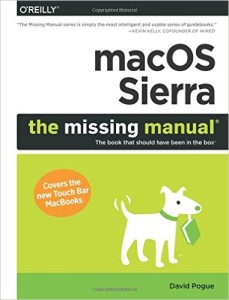The 8 Worst Mistakes in Blogging for Business

Reading Paul Sloane’s list of “The Eight Worst Mistakes Made By Keynote Speakers”, I couldn’t help thinking these are probably the same mistakes made all too often by business blog content writers. Just as Sloane warns speakers “Be sure not to make these mistakes”, I’d like to use this Say It For You blog post to issue the same caution to blog writers.
A weak start.
“The first impression that you make on the stage is very important. It should be positive and animated.”
Once the online visitor has actually landed on your blog, it takes a “pow opening line” to fan that flicker of interest into a flame. That line might consist of a bold assertion or an anomaly (a statement that, at first glance, doesn’t appear to fit).
Over-use of PowerPoint.
“Many speakers load up their presentation with too many slides containing too many words.”
Web surfers have a painfully short attention span, so it’s important to exercise portion control in the length of paragraphs, titles, and entire blog posts. Single visuals can add interest and evoke emotion.
No clear message.
Often speakers try to cover too much ground…There are many different messages but there is no clear theme.”
Business blogging is ideal for using the Power of One. Focus readers’ attention on one theme in each blog post, with one clear Call to Action.
No human interest.
“Many talks are crammed full of facts, data, charts, and statistics…People relate to stories about people.”
The stories content writers in Indianapolis tell in their SEO marketing blog have the power to forge that emotional connection between company and potential customer.
Lack of enthusiasm.
“Your job is to inform and entertain….Try to include some humour or something interesting and unusual, but keep it relevant to the topic.”
Two of the four P’s of business blogging are Passion and Personality. Blog posts are ideal for communicating the unique personality and core beliefs of the business owner. No doubt about it – enthusiasm sells. And, when it comes to blogging for business, enthusiasm spreads – to searchers, search engines, and right back home to YOU!
Too much Me and not enough You.
“A big mistake is to make the talk about you, your company, your issues, and your achievements….You have to make the talk about them.”
That same concept applies to blogging for business, I’m convinced. Each claim a content writer puts into a corporate blog needs to be put into context for the reader, so that the claim not only is true, but feels true to online visitors.
No rehearsal.
“Check all the equipment on stage and be familiar with all the logistics.”
Above all, I teach bloggers – don’t confuse the online readers. Don’t overwhelm them with technical jargon. Then, don’t make navigating your blog site a mystery. Have clear Calls to Action and links that lead directly to where they should.
Overrunning on time.
“Event organizers and audiences do not appreciate a speaker who overruns his allotted time.”
Longer content, if focused and well-organized and engaging, is still appropriate. Instead of shortening, tighten your writing and make each sentence and phrase count.
Blog content writers – Be sure to steer clear of the 8 mistakes!





Follow us online!